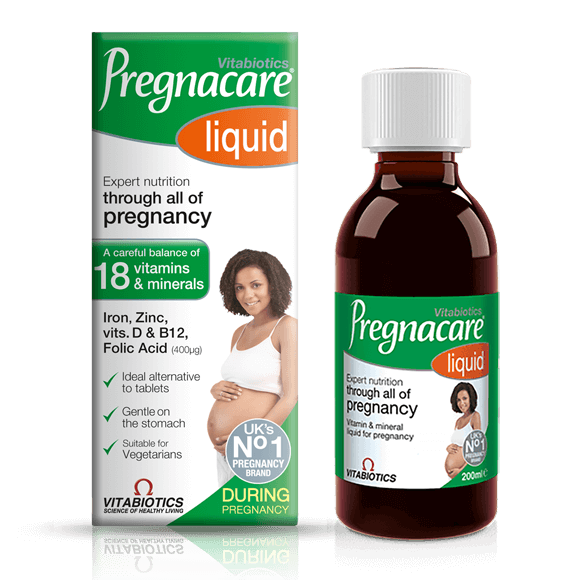Emma Brockwell is a pelvic health physiotherapist who specialises in treating women in the perinatal period. She is the author of the book ‘Why did no one tell me? How to protect heal and nurture your body through motherhood’ which won the Product Of The Year Category (sponsored by Pregnacare) at the first ever Active Pregnancy Foundation Awards 2023.
Here are five tips from Emma on how to help protect, heal and nurture your body during pregnancy, childbirth and your postpartum recovery:
The journey from pregnancy to motherhood is exciting and thrilling. It can also be incredibly overwhelming. During this time your body will change a great deal and do so at lightening speed. Having a baby is like an endurance sport. Just like an athlete preparing themselves for any sporting event, you too can prepare your body during pregnancy for the ultimate endurance event, childbirth, and optimise your recovery postpartum with rest and rehabilitation.
Here are 5 tips that from Emma to help you do just this.
1. Keep active during your pregnancy
One of the best things that you can do during your pregnancy is to remain as active as possible. The Chief Medical Officer recommends that all pregnant women aim for at least 150 minutes of moderate intensity activity every week, and every minute that you are active counts.
Activity comes in many guises, gardening, walking up and down the stairs, going for a walk.
There are so many benefits to remaining active during pregnancy including healing to reduce high blood pressure problems, helping to prevent diabetes during pregnancy, improving sleep, fitness, weight gain and very importantly it can help improve mood.
Always discuss any concerns with a midwife and always listen to your body and adapt so that you are comfortable and enjoying whatever form of activity you chose to carry out.
You can also read our guest post from Active Pregnancy Foundation on exercise during pregnancy.
2. Perineal massage
Around 85% of women experience tearing during childbirth, 9/10 first time mums sustain some perineal damage. While it is unlikely that we can prevent an element of tearing and grazing it is important this is reduced as much as possible.
So how can you do this?
One way is by stretching the opening of the vagina and perineal tissues by carrying out perineal massage when you are around 35 weeks pregnant 2-3 times a week for a couple of minutes each time.
There is strong robust evidence that perineal massage reduces risk of episiotomy and tears, reduces the risk of 3rd 4th degree tears, improves wound healing, length of pushing in labour and lowers the risk of bowel incontinence. To learn how to do this visit the RCOG website.
3. Pelvic Floor exercises
These simple little exercises are a must during and after pregnancy however you deliver baby. These exercises can help prevent (or manage) pelvic floor dysfunction like leaking wee, poo, wind, pelvic organ prolapse, low back or pelvic pain, all conditions that are common but not normal during and after pregnancy.
It is recommended that you carry out 8-12 repetitions of 10 second holds and 10 fast squeezes 2-3 times a day . See Emma’s video here for more details
4. Visit a Pelvic Health physiotherapist
During pregnancy and childbirth your body will change a lot and quickly. These changes are needed for your baby to grow big and strong and to arrive safely. These changes that occur to your body can often cause physical conditions like urinary leakage, faecal incontinence, painful sex, pelvic organ prolapse, pelvic pain and tummy separation (diastasis recti).
None of these conditions are life threatening but they can dramatically affect you physical and mental health. IF you are experiencing any of these issues then a pelvic health physiotherapist can help treat and improve them. They are not conditions that you should learn to live with.
Even if you do not have these symptoms, I would recommend seeing a pelvic health physiotherapist postnatally to rehabilitate and prevent these conditions occurring later in life.
5. Give your body time to heal and recover from childbirth
Bounce back is a myth. Pregnancy and childbirth are major life changing events and as a society we need to respect this more. Your body will take longer than 6 weeks to recover from having a baby, it takes months and months.
Rest, sleep (as much as you can), eat and drink well and be kind to yourself.
Don’t rush back to high impact exercise too soon, listen to your body and don’t expect too much too soon.
About Emma Brockwell:
Emma Brockwell is a pelvic health physiotherapist who specialises in treating women in the perinatal period. She has a written a book called ‘Why did no one tell me? How to protect heal and nurture your body through motherhood’ available here
The content of this blog is not intended to be a substitute for professional medical advice, diagnosis, or treatment. Always seek the advice of your physician or other qualified health professional regarding any medical condition. While every care is taken to ensure the accuracy of the information presented in the blog and to describe best generally accepted current practices we cannot accept any liability for errors or omissions or for any consequences from application of the information given








Comments (0)